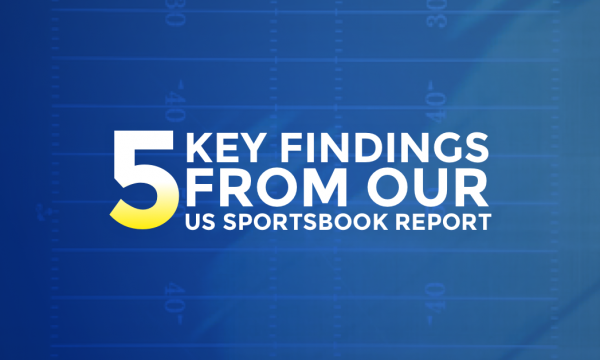September was a big month in search, with perhaps the biggest story of the past 31 days being the Apple keynote.
Apple lifts the lid on iPhone 6, Apple Watch & iOS 8.

It was the tech announcement of the year, with Apple finally lifting the curtain on its latest smartphones.
Apple actually released two phones, with the iPhone 6 accompanied by the iPhone 6 Plus ‘phablet’. Of course, the company also unveiled its first wearable, the Apple Watch, took us through some of the features of iOS 8 and talked at great lengths about its attempts to corner the mobile payments market.
At the time, we were actually quite underwhelmed by Apple’s keynote, which was spoiled by numerous streaming problems and U2, but that hasn’t stopped the iPhone 6 going on to break sales records.
Twitter drops hints on algorithms, Instagram confirms sponsored content.

There was plenty of talk about Twitter this month, as one of the company’s bosses let slip that they are considering implementing an algorithm for the first time.
Anthony Noto, Twitter’s financial chief, told a conference in New York that an algorithm-powered news feed is under consideration as the social network looks to make itself more relevant to search, as well as appealing to new users and advertisers.
It would be a huge shift for Twitter, pushing closer to Facebook in the way it displays content, and it’s a change that could significantly enrage the networks core users.
Facebook bans like-gating, introduces premium video ads.

Facebook rolled out its first premium video ads in the UK this month, with ComparetheMarket.com being the first brand to sign-up to the service.
Premium Video ads have been running in the US for some months (at a rather sizable cost), and UK brands can now join the party. We’ve discussed whether they should do.
Facebook has confirmed that ‘like-gating’ is now banned. The amendment to the Facebook user agreement means that brands can no longer hide content, competitions or promotions unless a user ‘likes’ their page.
Google pulls plug on Authorship, starts focusing on TV schedules.

We have seen two notable moves from Google this month, the search giant pulling the plug on its authorship project early in September.
The experiment did see an author’s profile and image pull through into search results, with Google believing that featuring the profiles of respected authors would add authority to its results. However, Google has ended the experiment claiming that, among other reasons, the feature had “no significant difference on click behaviour”.
But whilst one experiment ends, another may well begin after Google was awarded a patent that would allow search results to alter depending on television schedules in a particular region.
The patent would mean that Google could alter results if it felt that a query was being influenced by a television broadcast. We’ve looked at the patent in more detail and the possibilities for brands on the blog.
We launch Digital Minute.

Do you like your digital news in handy 71 second chunks? If so, Digital Minute is exactly what you need.
Digital Minute is our way of sharing the big news in search and digital marketing in easy, bite-sized bulletins. Every edition is backed up with detailed analysis of the big stories on the blog and you can find every edition over on our Video Hub.
You can also subscribe to Digital Minute on iTunes, YouTube, Stitcher and Soundcloud.
We got very, very cold for the #icebucketchallenge.

Seven hardy souls rose, (or rather, froze) to the challenge, as Stickyeyes answered their nomination for the Ice Bucket Challenge.
To thank the volunteers for their bravery, and to support this excellent cause, a donation has been made to the UK’s Motor Neurone Disease Association.
Staples hands Stickyeyes European SEO account.

And finally, we were thrilled to announce that Staples has appointed us as their partner to develop and implement their European SEO strategy for the next three years.
We're looking forward to seeing what October will bring. Keep an eye on our video hub and blog for all the details.


